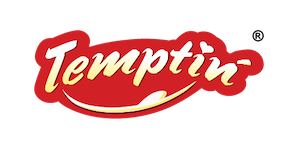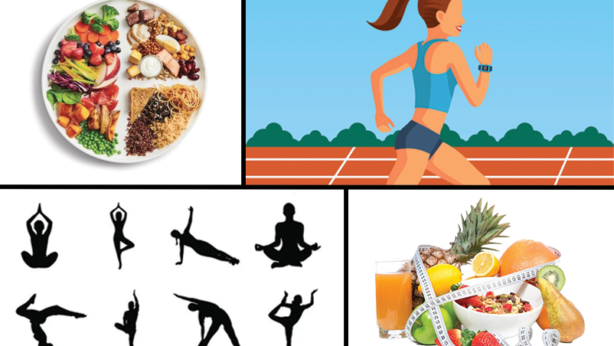Nutrition Fundamentals For Healthy Eating

It is often said that a man is what he eats. The importance of food in relation to good health can hardly be overstated. A good diet is a significant part of our physical and mental well-being. However, often the latest fads in dieting and fitness can misguide us into adopting unhealthy eating habits or even worse, neglecting our diets. This can lead to improper nutrition and disease.
Thus it has become necessary, now, more than ever, to school ourselves in the fundamentals of nutrition and healthy eating for adapting good dietary habits. Let us take a look at the food we consume through the viewpoint of children discovering the necessities of a good diet all over again.
Why a good diet is important :
A good diet provides our body with the raw materials needed to convert it into energy and burn in the form of calories. A good diet isn’t necessarily low in calorie count or simply made up of proteins. Our bodies need all the nutrients available through fruits, vegetables, nuts, seeds and dairy products to absorb and assimilate them.
The amount and quality of food to consume differ depending on the physical activity of the person. A person with a sedentary lifestyle should consume less fatty and processed food as they contain carbohydrates and fats. When we burn more calories than we consume, this creates a calorie deficit and helps us in losing weight. However, the end goal of any person should be a healthy body and not just a thin body.
What are the fundamentals of a good diet :
A diet is composed of macronutrients and micronutrients. A good diet should always be a balanced combination of macronutrients and micronutrients.
Macronutrients are composed of the following:
1. Proteins – Proteins are the building blocks of the body. They constitute about 4 calories per gram. Proteins can be found in foods such as legumes, eggs, meat, dairy, fish and vegetarian substitutes like tofu.
2. Fats – Fats constitute about 9 calories per gram. There are different types of fats in the body that have different importance in their uses. The intake of unsaturated fats must be restricted to less than 10% of the total caloric intake. Fats can be found in oils, cheese, butter, meat etc.
3. Carbohydrates – Carbohydrates include starchy foods such as bread, potatoes, grains etc. They are also included in sugar, fruits, juices, milk, legumes etc. They constitute about 4 calories per gram.
Micronutrients are the beneficial vitamins and minerals required by the body in small quantities such as:
1. Iron: Iron is required by the body in various bodily functions such as transport of oxygen through the cells of the body. It is also useful in brain function and immune systems.
2. Magnesium: Magnesium helps in sustaining the nervous system and muscle contraction along with energy production and other cellular functions.
3. Calcium: Calcium is present in the bones and teeth and is a major component for heart, nervous system and muscles.
4. Vitamins: Different vitamins help the body in becoming healthy in different ways. For instance, B12 helps in providing the necessary nutrients in keeping the nerve cells and blood cells healthy and in the development of the DNA.
How to Eat Healthy :
A perfect balance of the above macronutrients and micronutrients is the only healthy way of creating a healthy diet. Make sure that your diet includes all the necessary foods in the food pyramid such as green leafy vegetables, dairy products, seeds and legumes, fruits and nuts etc.
Sometimes, a person’s body may be deficient in certain nutrients. In such circumstances, it becomes evident that more attention is to be paid to their meal and if necessary, take supplementary nutrients after consulting a dietician or physician.
Any diet is incomplete for health and fitness if it is not accompanied by exercise and sufficient sleep. Nowadays, stress from unhealthy work culture and a sedentary lifestyle can also increase the risks of heart disease, diabetes and other life-threatening illnesses. Thus a balanced and well-informed decision towards diet, exercise, sleep and stress management is the only secret to a long, healthy and happy life!
If you liked this article, comment below with your thoughts and follow our social media pages to stay up to date!



